To help Aboriginal and Torres Strait Islander corporations understand what Data Sovereignty means and why it matters...
How to use this Toolkit

You can use the Indigenous Governance Toolkit in many ways, depending on your circumstances and needs.
There are different ways to navigate through the Toolkit. You can read it like a book — start at the beginning and work through to the end to build up your understanding. Or you can jump back and forwards to whichever section interests you. Explore it individually or as a group, and go at your own pace.
Governance your way
While Aboriginal and Torres Strait Islander peoples have many cultural values and behaviours in common, their governance solutions will have to be customised to meet different needs and governance arrangements, diverse histories and changing goals.
You can use the Toolkit to customise your governance strategies and create personalised pathways for developing governance solutions that work best for your group.
While the Toolkit provides valuable insights, it doesn’t have all the answers. Be prepared to seek additional advice and expertise when you need it. For example, you could improve your outcomes by hiring a trusted person to help design practical solutions or develop a strategy. Or you might support one of your community or staff members to take on a long-term role as a governance rebuilder or leader within an organisation, community or nation.
AIGI also offers governance education, training, advice and resources for Indigenous organisations, communities and nations. To learn more, go to Education and training.
What’s covered
Each of the Toolkit’s 9 sections focuses on a different aspect of governance.
Looking for a particular governance issue or concept? There may be relevant information located across several sections. Try doing a search using the Search Toolkit box. Enter your keyword and you’ll see results listing all the relevant text, audio, resources and governance stories.
1. Understand Indigenous governance
- The definition of governance.
- The different types of governance – Indigenous, community, corporate and organisational.
- What effective governance is and the importance of governance to self-determination.
2. Your culture
- The unique role of culture as the foundation of Aboriginal and Torres Strait Islander governance.
- A deep dive into the elements of Aboriginal and Torres Strait Islander culture.
- The importance of cultural legitimacy.
- How groups can achieve ‘culture-smart’ solutions.
- Practical examples that demonstrate how groups can achieve these solutions in their own context.
- Foundational areas of governance that should be assessed before you start building or improving your governance.
- How to define the direction of your organisation, community or nation.
- How to draw on your people, history, internal culture and assets to strengthen your governance.
- The importance of navigating your wider governance environment.
- Practical exercises for each topic in the Governance Self-assessment Tool.
- How to build – or rebuild – your governance.
- How to choose a governance model that suits your group’s unique purpose. We provide examples of different models.
- Helping you with the big decision of whether to incorporate or not.
- How to develop the rules that will govern your group and why writing them down is important.
5. Your people
- The core roles and responsibilities of your people.
- The key people who take on governing roles and responsibilities in groups, and their relationships with each other. This includes your board, directors, management, staff and members.
- How you manage relationships within your group and the importance of having strong and fair representation.
6. Leadership
- Aboriginal and Torres Strait Islander leadership and what makes it effective.
- How to develop your leadership capacity and the importance of supporting young leaders.
- Different leadership styles, the challenges faced by Aboriginal and Torres Strait Islander leaders, and ways to evaluate your group’s leadership.
- The systems and plans that help your everyday work be effective, with information about the development of policies and procedures in areas such as communication, meetings, decision-making and finance management.
- How to develop a strategic plan to guide the future of your organisation, community or nation.
- How to recognise common risks and manage them effectively.
8. Conflict resolution and peacemaking
- Conflicts, disputes and complaints and their common causes within organisations, communities and nations.
- How to understand peacemaking and strategies for working through conflicts, disputes and complaints in your group.
- Suggestions for creating culturally legitimate peace-making processes.
- Self-determination and its relationship to nation building, treaty and development.
- Practical steps to get started on nation building and governing for treaty.
- Strategies for self-determined development.
You may further want to explore:
- Governance Stories – for real-life experience and examples of innovative ideas that have worked for others.
- Other Resources – for credible academic articles, reports, papers and websites.
- Useful Links – for other specialist websites.
- Glossary – for explanations of terms used in the Toolkit, and words that can mean different things to different people. Terms are listed alphabetically and explanations are written in plain language.
Stay connected
Subscribe to AIGI news and updates.

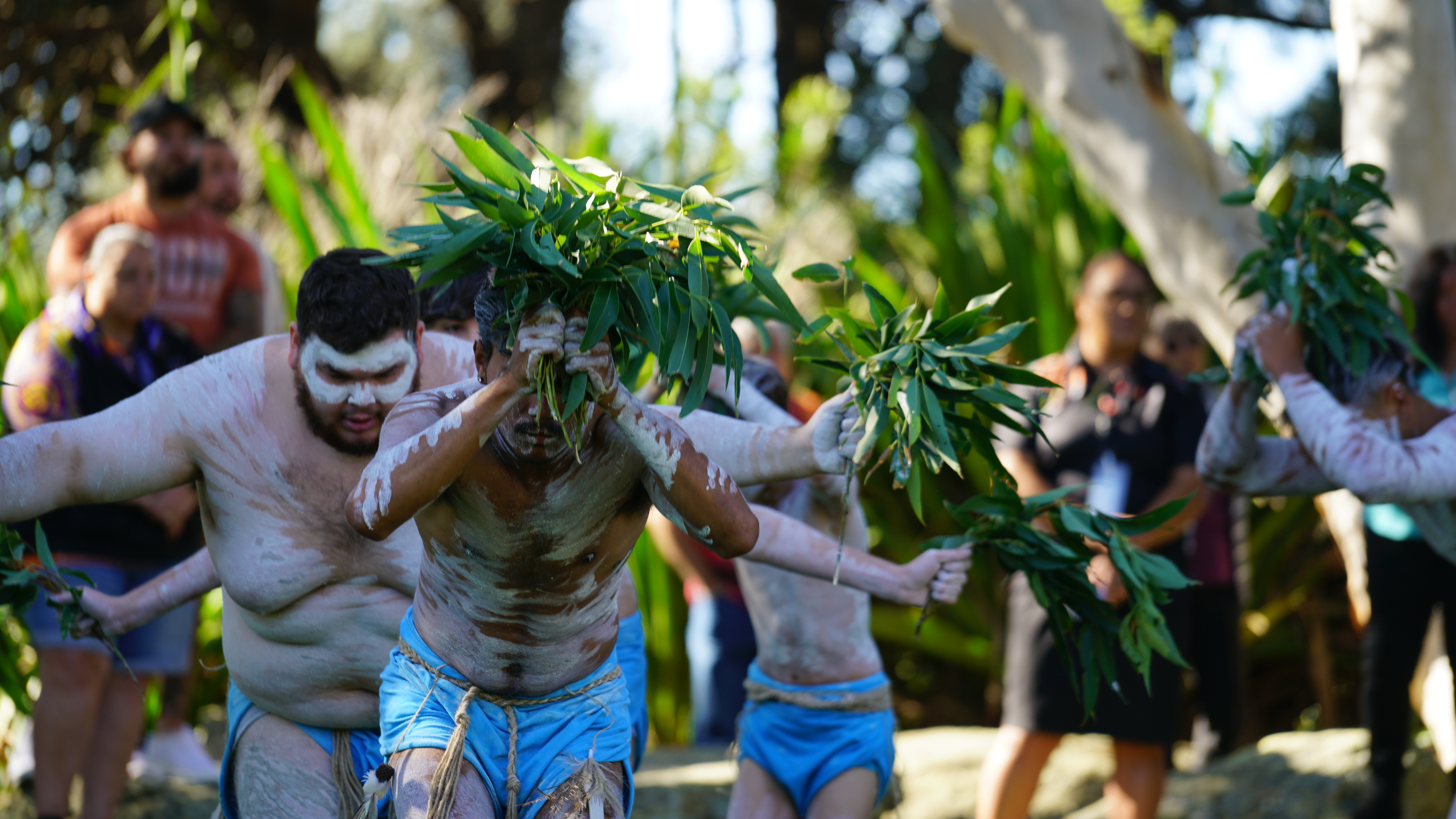
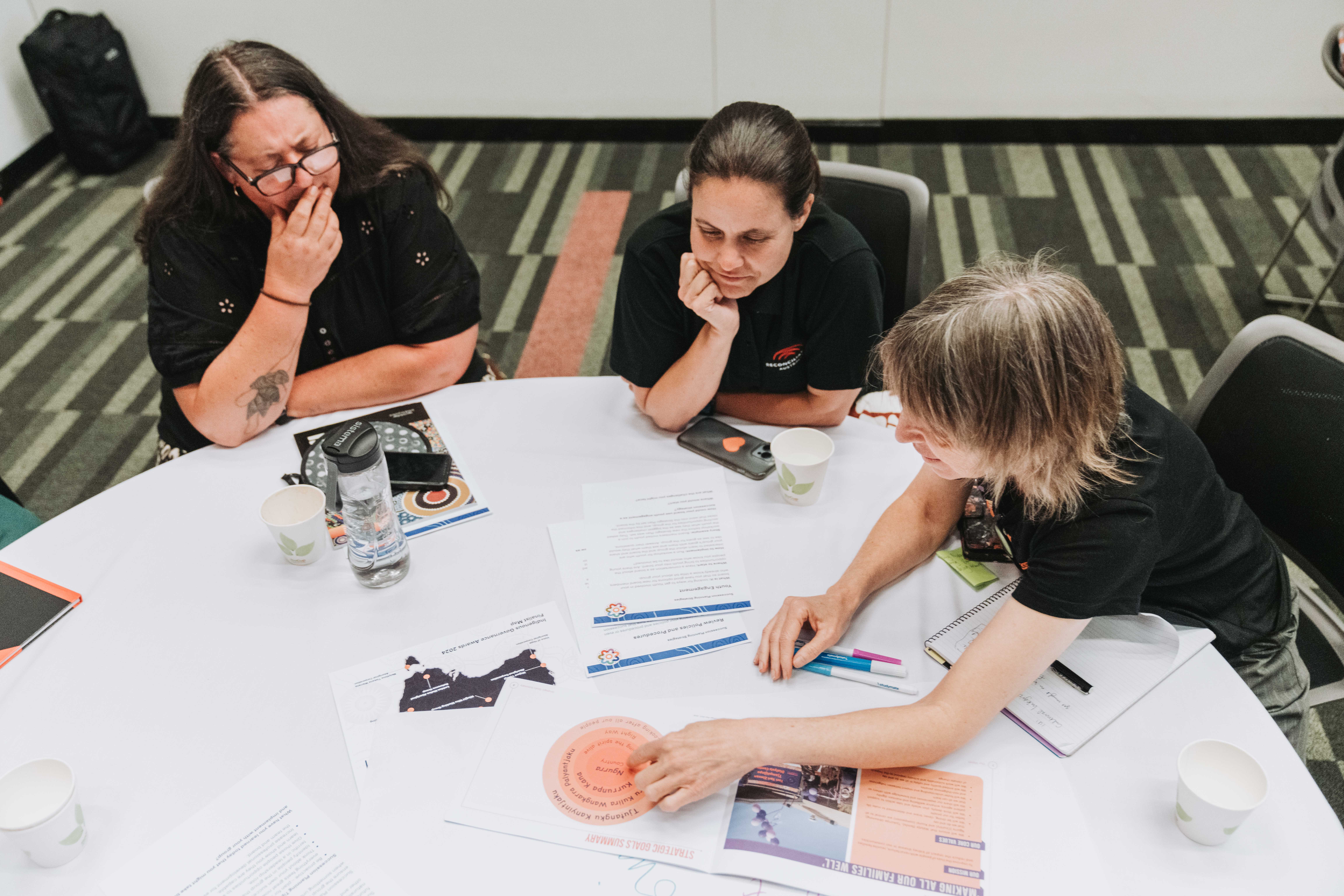
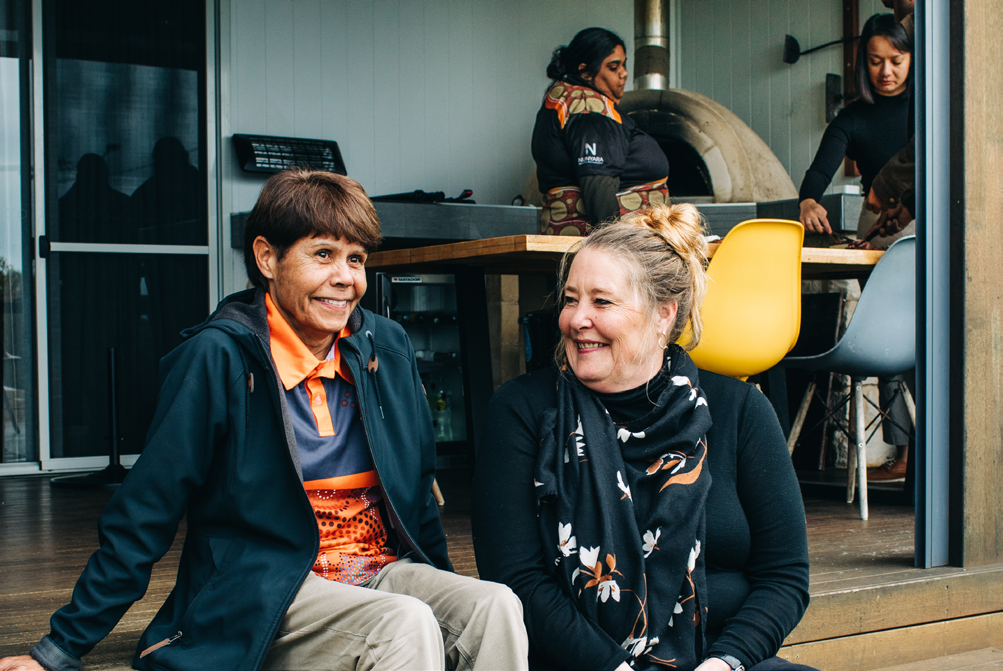

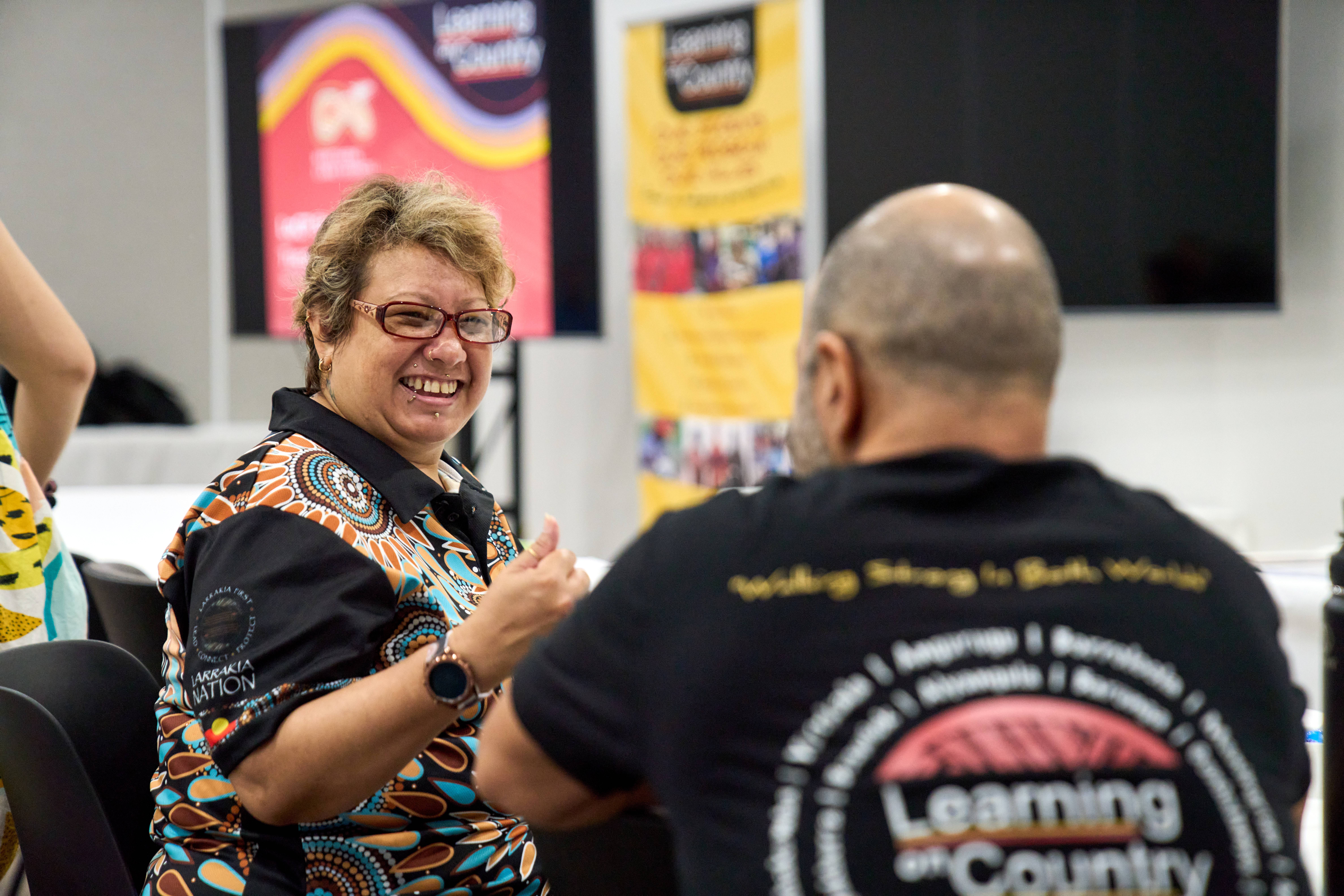
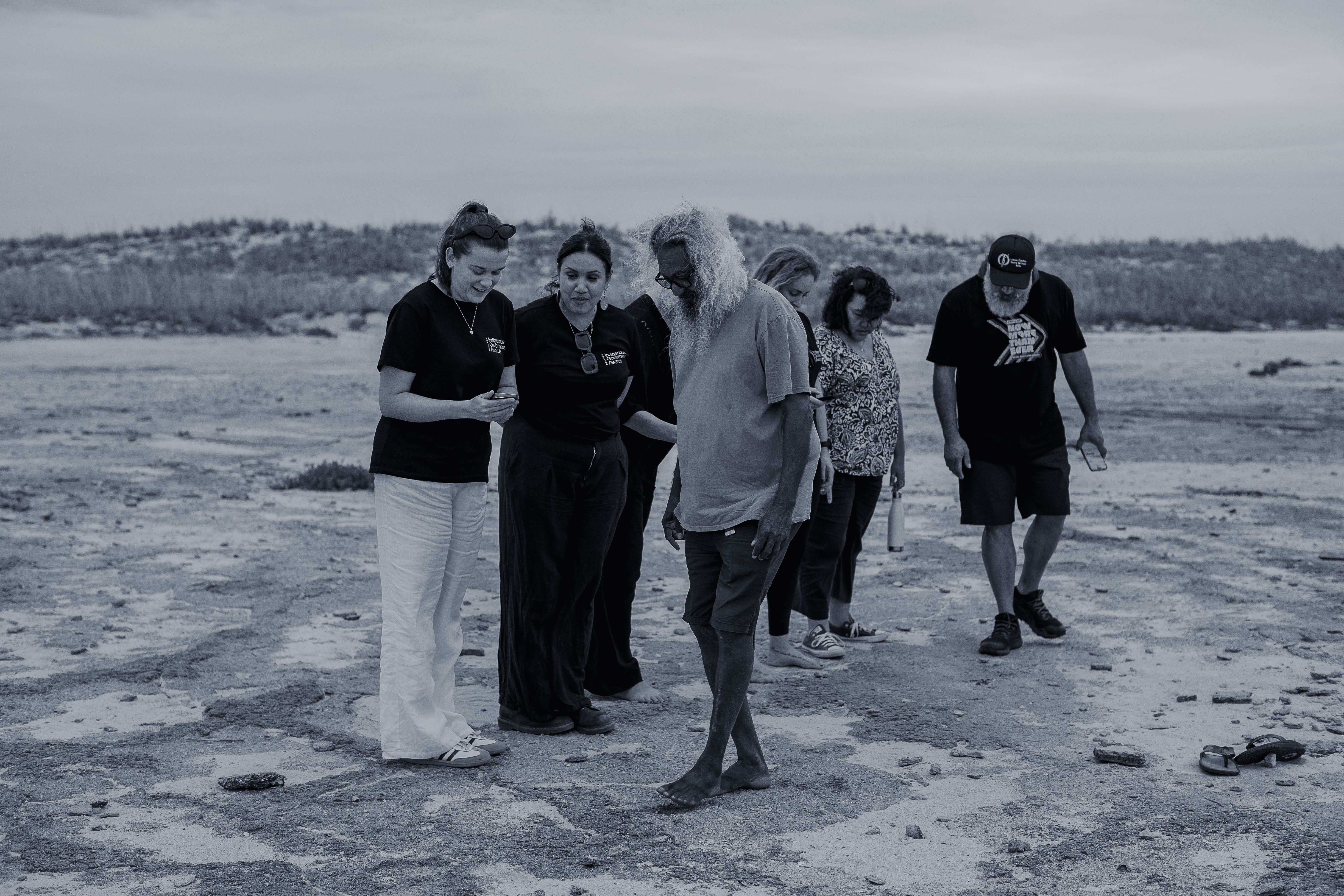

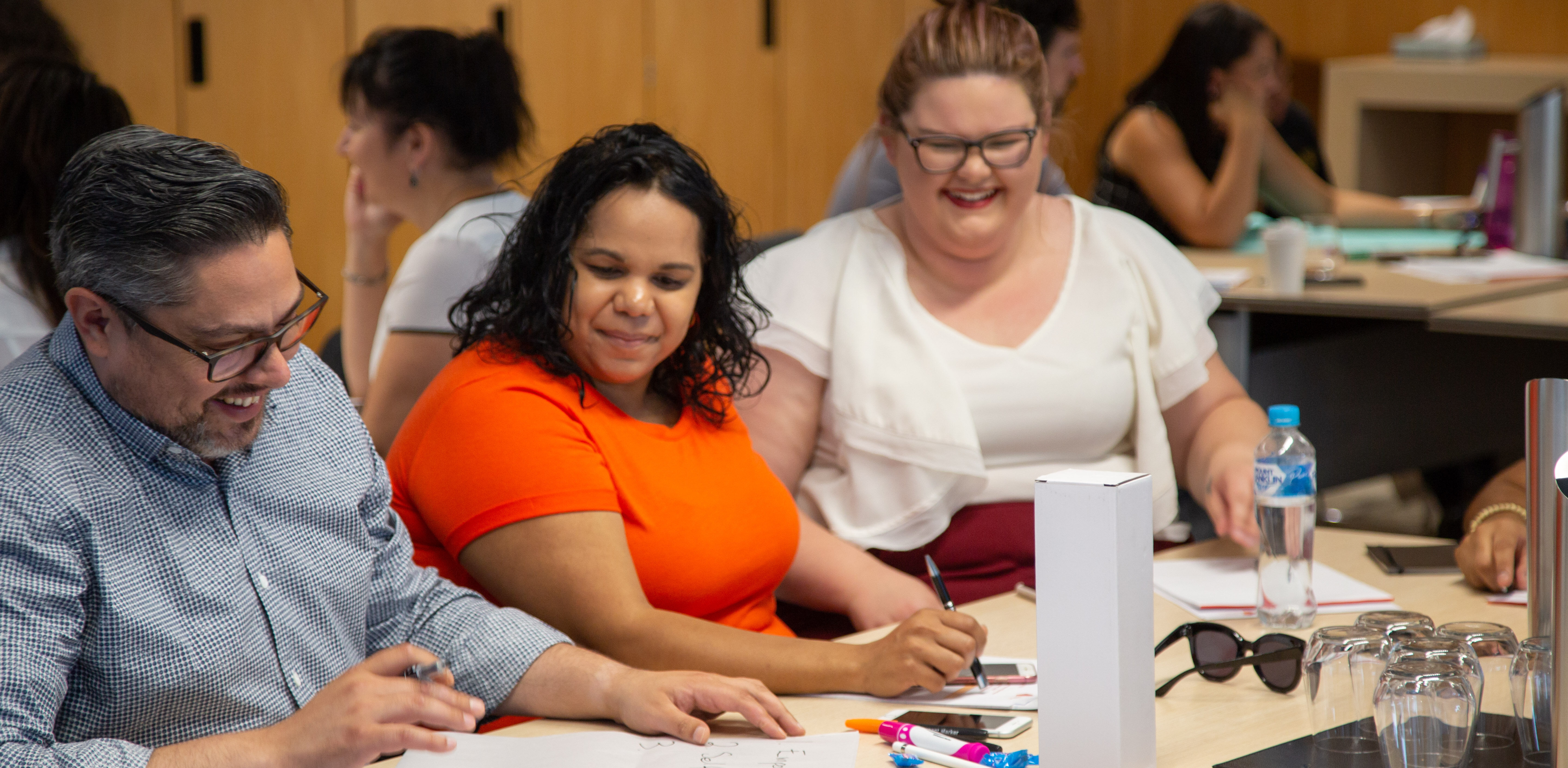
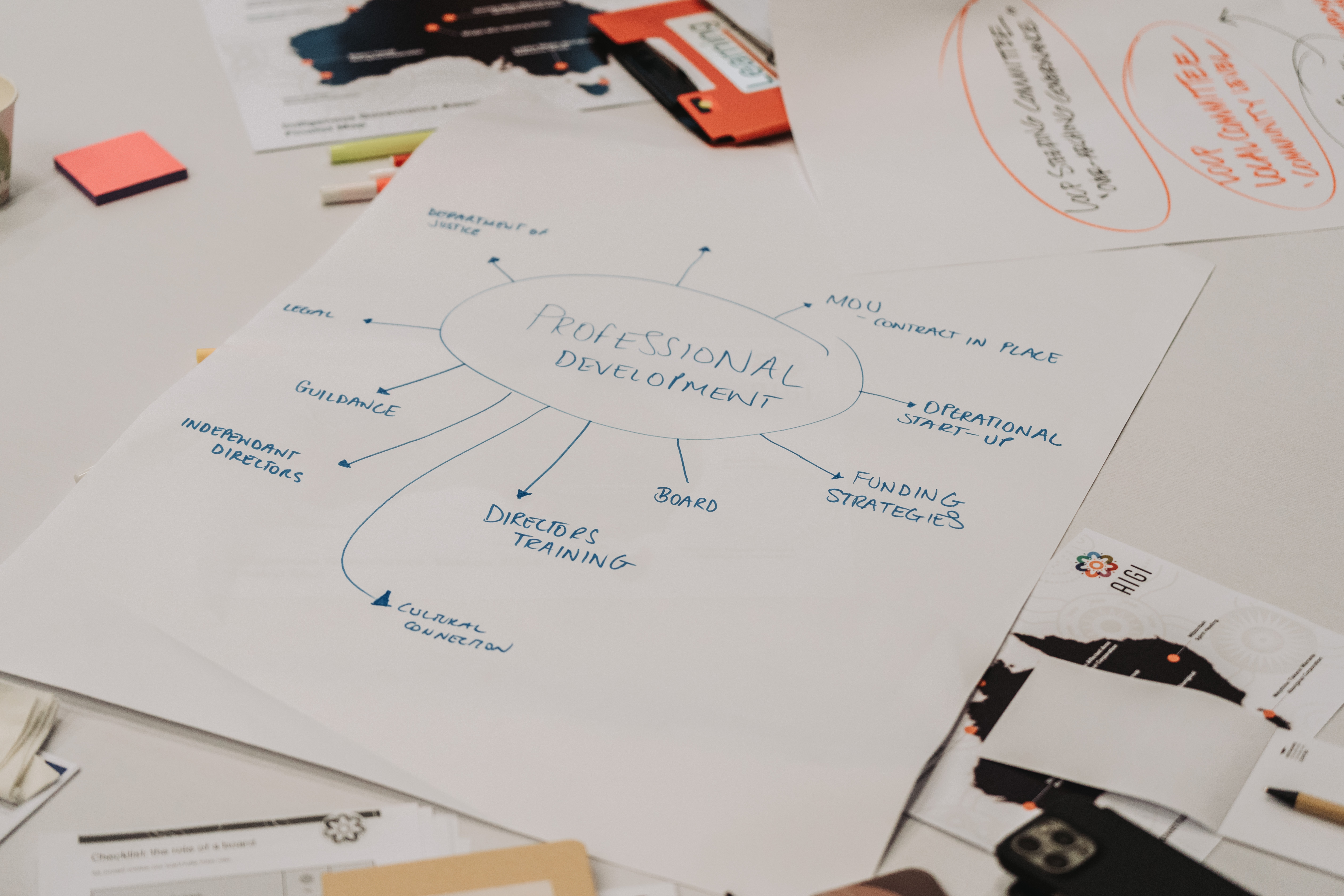
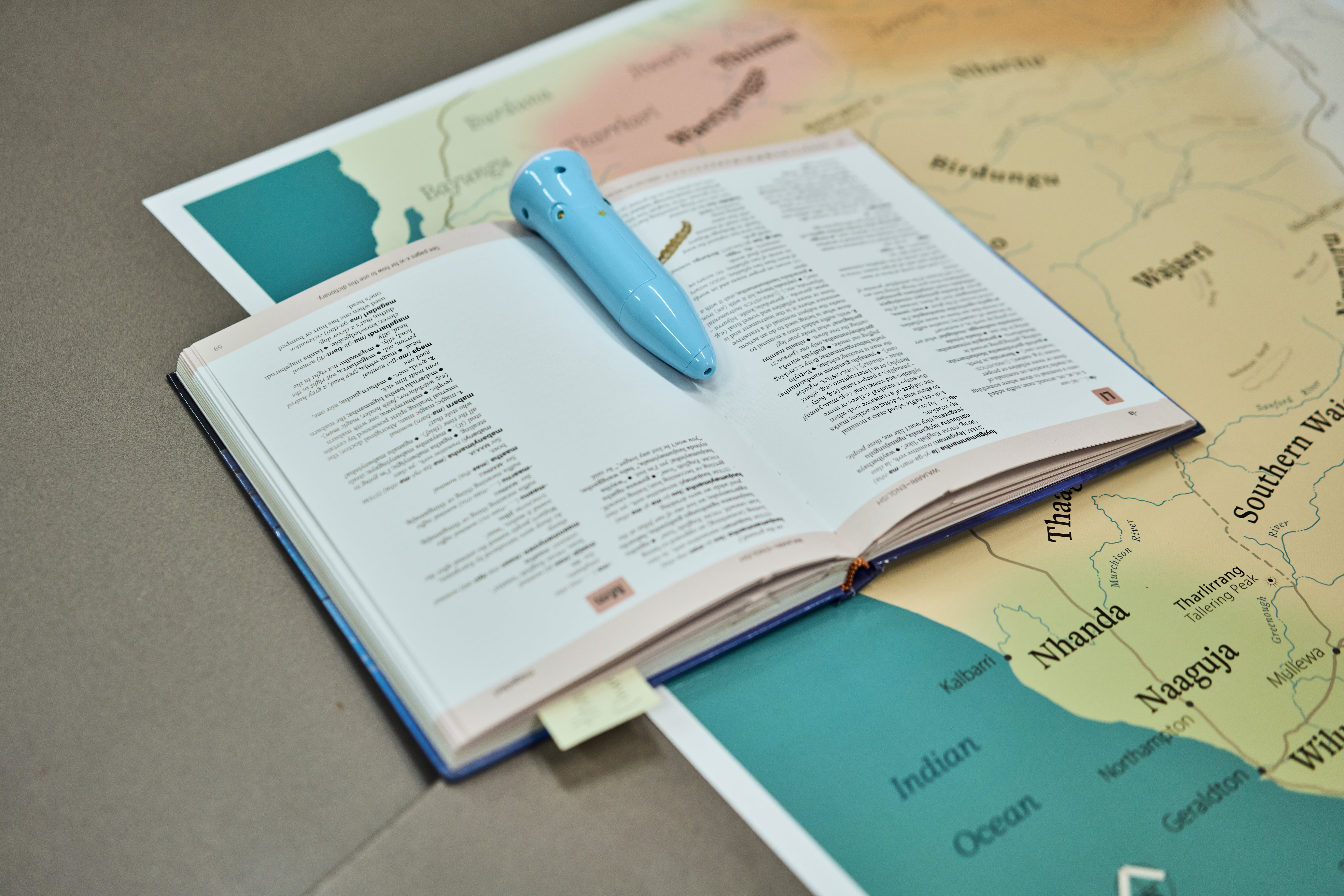

.png)

